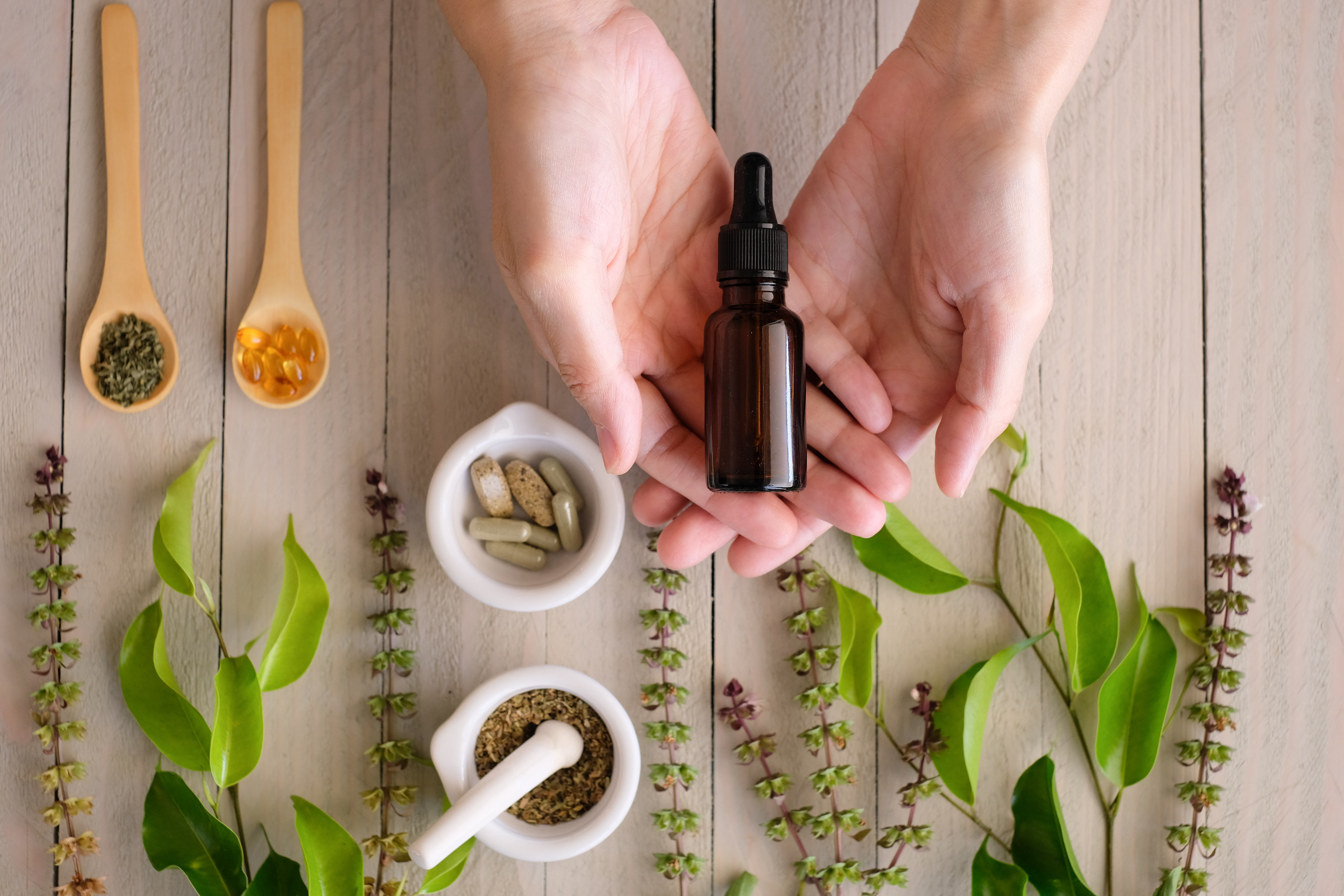Despite the legal uncertainties surrounding cannabidiol (CBD), interest and business is booming.
The U.S. Food and Drug Administration has issued warnings, noting there is little scientific evidence backing up the promoted benefits of CBD or whether its use can cause harm to people and animals. This warning comes despite mass roll outs of creams, lotions, drinks, food, supplements, and other products laced with CBD.
The FDA also recently recognized that the significant public interest in CBD and cannabis-derived compounds but noted that many questions surrounding the “science, safety and quality of products” that contain CBD, which is derived from the hemp plant but doesn’t contain THC commonly found in marijuana, have not been answered.
This situation have left CBD merchants and consumers scratching their heads.
What’s Causing All of the Confusion?
Merchants and consumers flocked to CBD after passage of the 2018 farm bill, which decriminalized industrial hemp. Hemp is a crop managed by the Department of Agriculture.
However, the FDA, which must monitor and review any product that is considered a drug, hasn’t reviewed or approved any of the CBD products that are set to make it to store shelves at CVS, Kroger, and Walgreens.
This confusion starts with a lack of communication and collaboration between the federal government and the FDA. The FDA approved one prescription drug that contains CBD to treat severe epilepsy. Since the compound is now found in a prescription drug, the FDA is required to monitor any edible that contains CBD. Part of the reason is that the FDA claims that CBD can cause liver damage.
The FDA wants to make sure that CBD products, as well as the use of more than one at a time, is safe. The biggest problem is that there is not nearly enough evidence supporting the benefits of CBD use.
Other Gray Areas
Though hemp is no longer illegal, it is illegal to add CBD to food and drinks. Individual states, such as New York, also have banned the substance in edibles.
What the Future Looks Like
A few weeks ago, the FDA held a public hearing on the matter in the hopes to come up with a regulatory framework.
Current FDA priorities for CBD regulation include:
- Drug claims made without FDA approval
- Adding CBD to food
- CBD marketed as dietary supplement
The FDA will continue to accept public comment through July 16.
In Conclusion
As the topic continues to trickle down through government entities, all stakeholders should expect a long wait to get clear guidelines. Since the FDA is recognizing the public interest in hemp-based products, it’s a good sign that things will eventually get resolved.
As the framework continues to develop, consumers are urged to be cautious. Merchants are urged to follow the FDA’s warnings to not market CBD products as treating or curing any specific ailment. Additionally, merchants are encouraged to look up the rules in their jurisdictions before selling products.
Apply for a CBD Merchant Account
Banks are shying away from working CBD businesses because they are way too risky due to the many legal uncertainties. Though aren’t very many merchant account providers that want to take gamble on these businesses, all hope is not lost if you are operating a CBD business.
The best way to get a CBD merchant account is to know the rules, know what you are up against, prepare, and apply with a high-risk merchant account provider, like eMerchantBroker.com (EMB). Its online application process is simple and easy. Apply online today.


